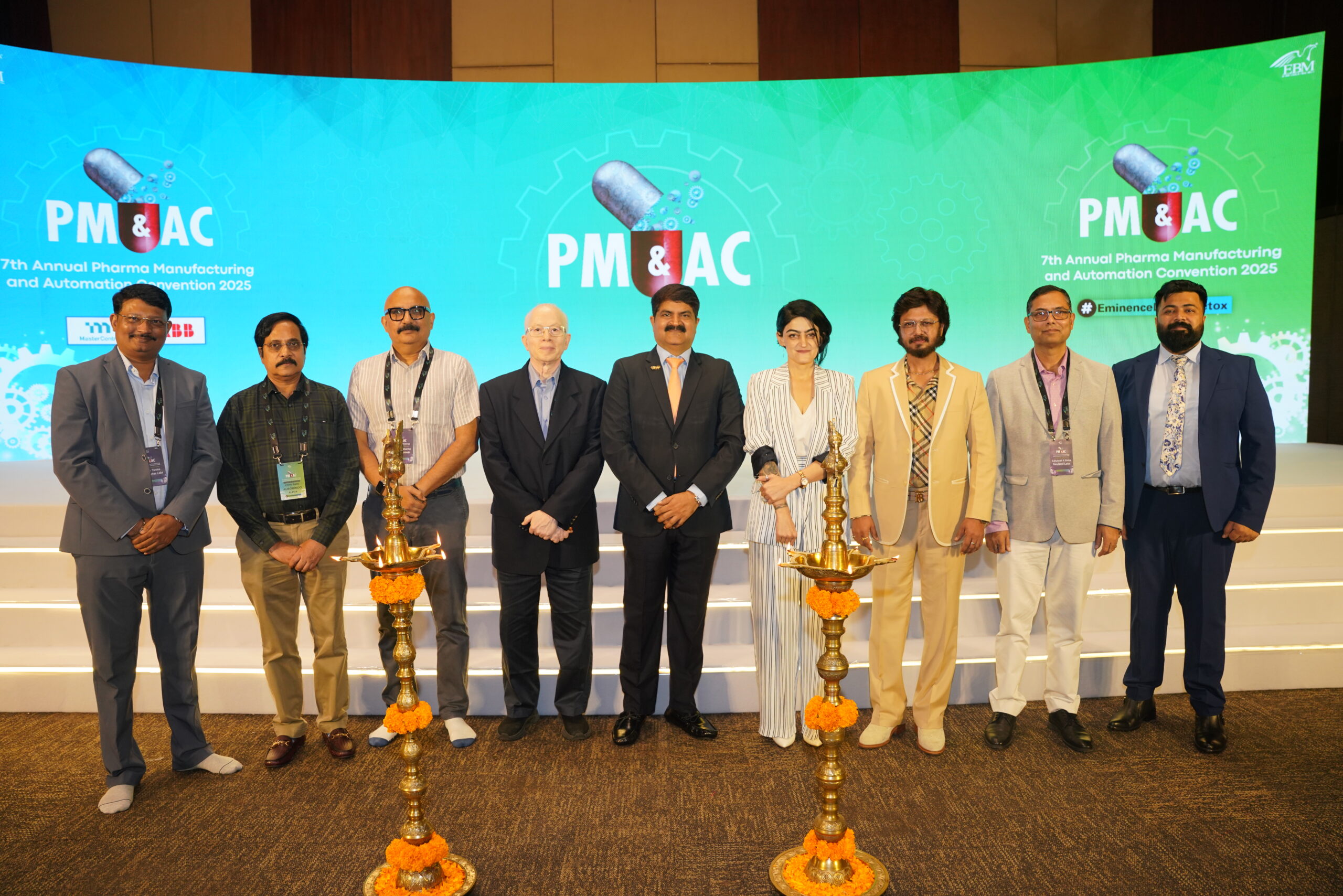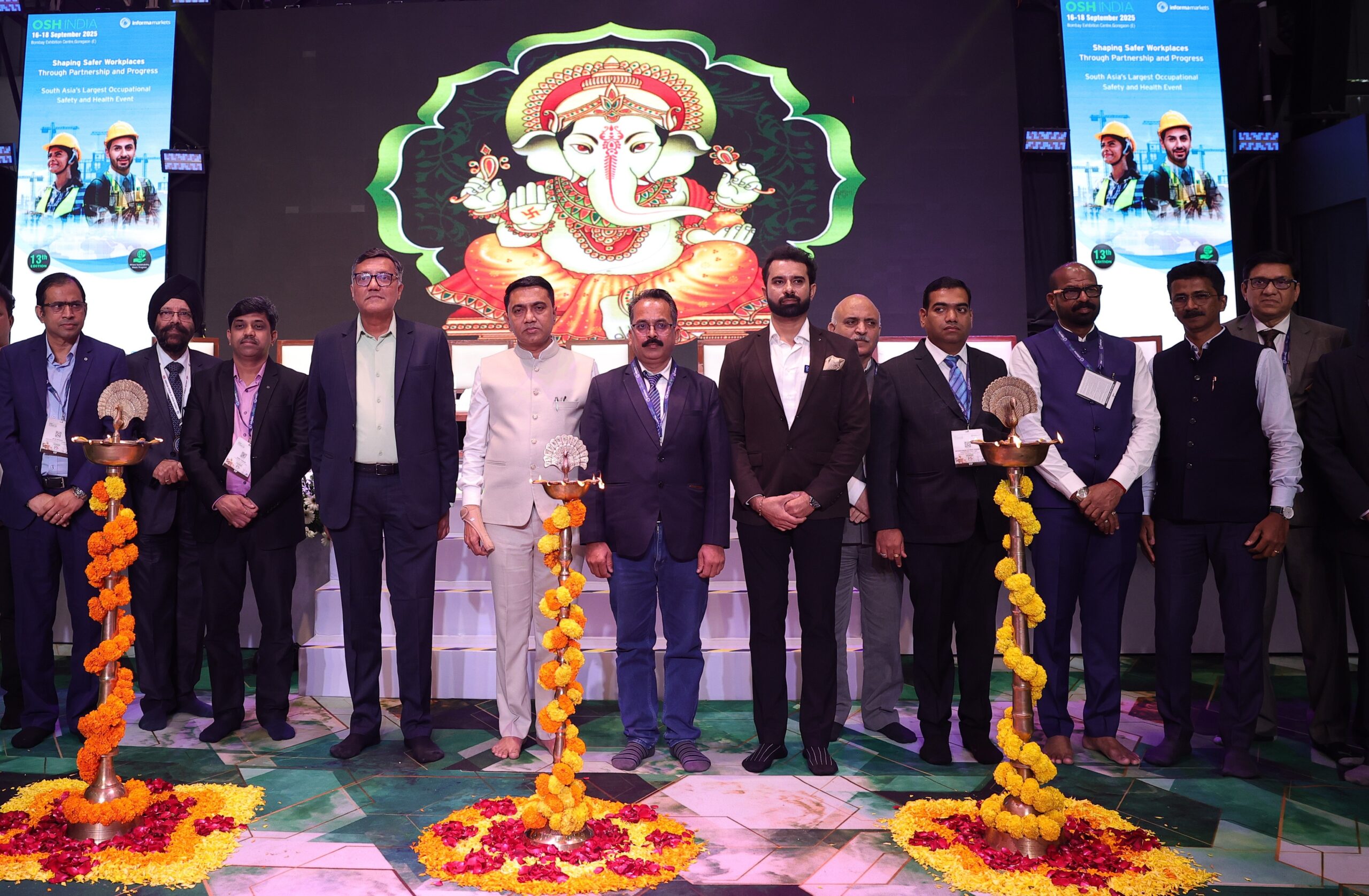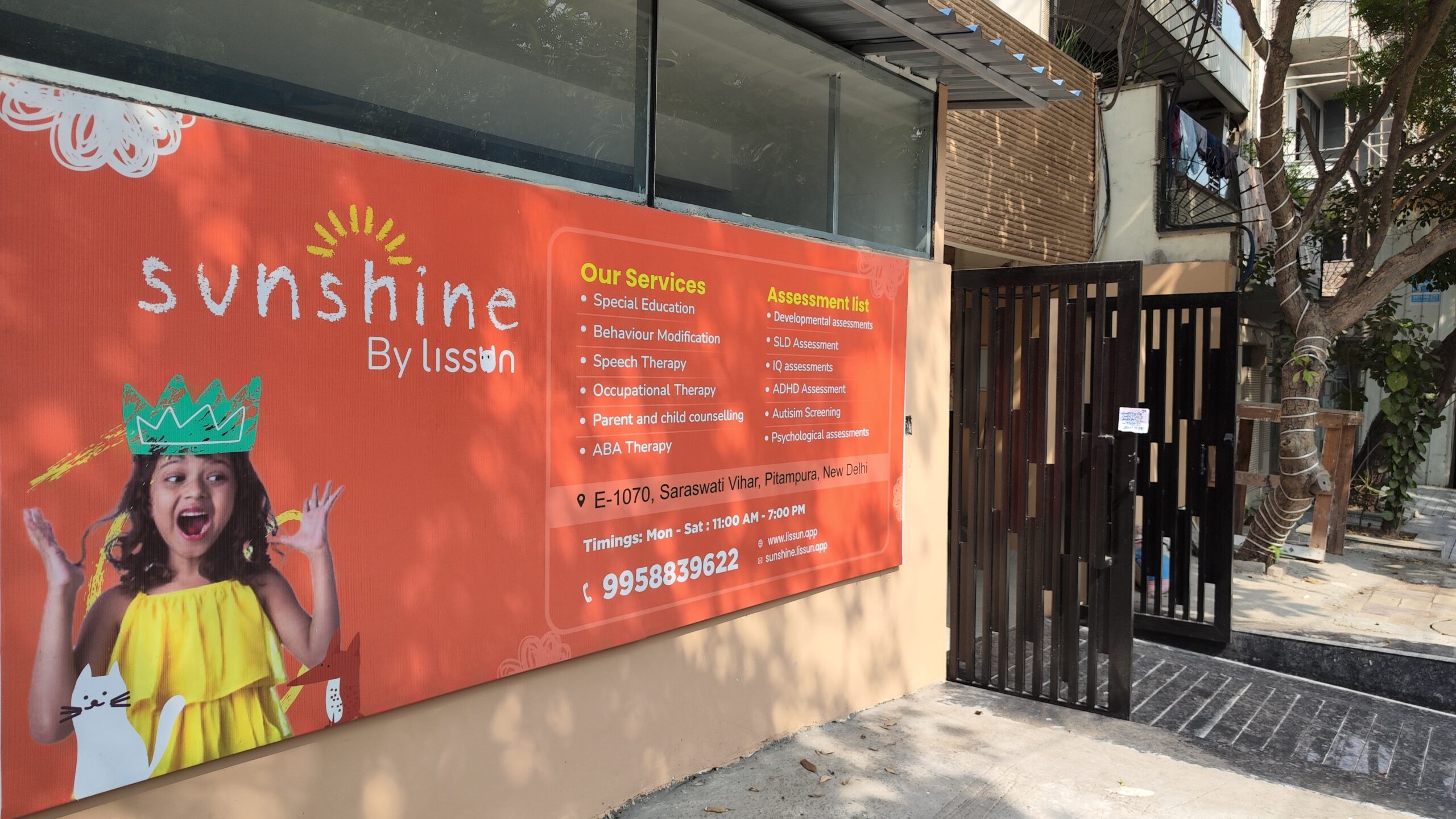Recce Pharmaceutical completed the production of 5,000 doses per week under the Good Manufacturing Practices campaign.
Recce Pharmaceuticals understands the need for synthetic anti-infectives, such as R327, to address the urgent global health problems of antibiotic-resistant microbes. Due to several reasons, UTI infection is more common in women than in men. However, UTI can have serious complications when it infects men. This bacterial infection has caused 236,790 deaths after infecting an estimated 400 million worldwide, per the study published by Frontiers in Public Health in 2022.
Due to multi-drug resistance, tacking with this bacteria is complex. However, thanks to the efforts of Recce Pharmaceutical, a new class of synthetic R327 was synthesised for treating UTIs, as per the report.
Recce’s Secret to Success?
To complete the production of 5000 doses per week, the company temporarily relocated its manufacturing equipment from its Macquarie Park Facility to a third-party cleanroom-GMP facility. This strategic move enabled the scaled-up production of R327 doses, encompassing fill and finish processes—the final phase of the manufacturing cycle.
Traditionally, the manufacturing process is conducted in-house, with subsequent transfer to a specialised cleanroom facility for GMP fill and finish. However, this expansion necessitated the burgeoning demand for R327, particularly for ongoing clinical studies. The production output of 5,000 doses per week caters to the requirements of current Phase 1 and Phase 2 trials. It establishes a surplus for anticipated Phase 3 studies, notably focusing on diabetic foot ulcer infections.
This achievement underscores Recce Pharmaceuticals’ capability to meet evolving industry demands while ensuring adherence to stringent quality standards.






